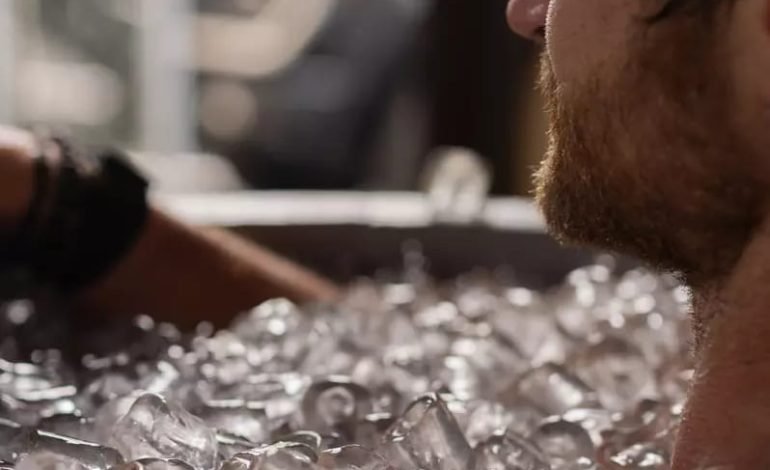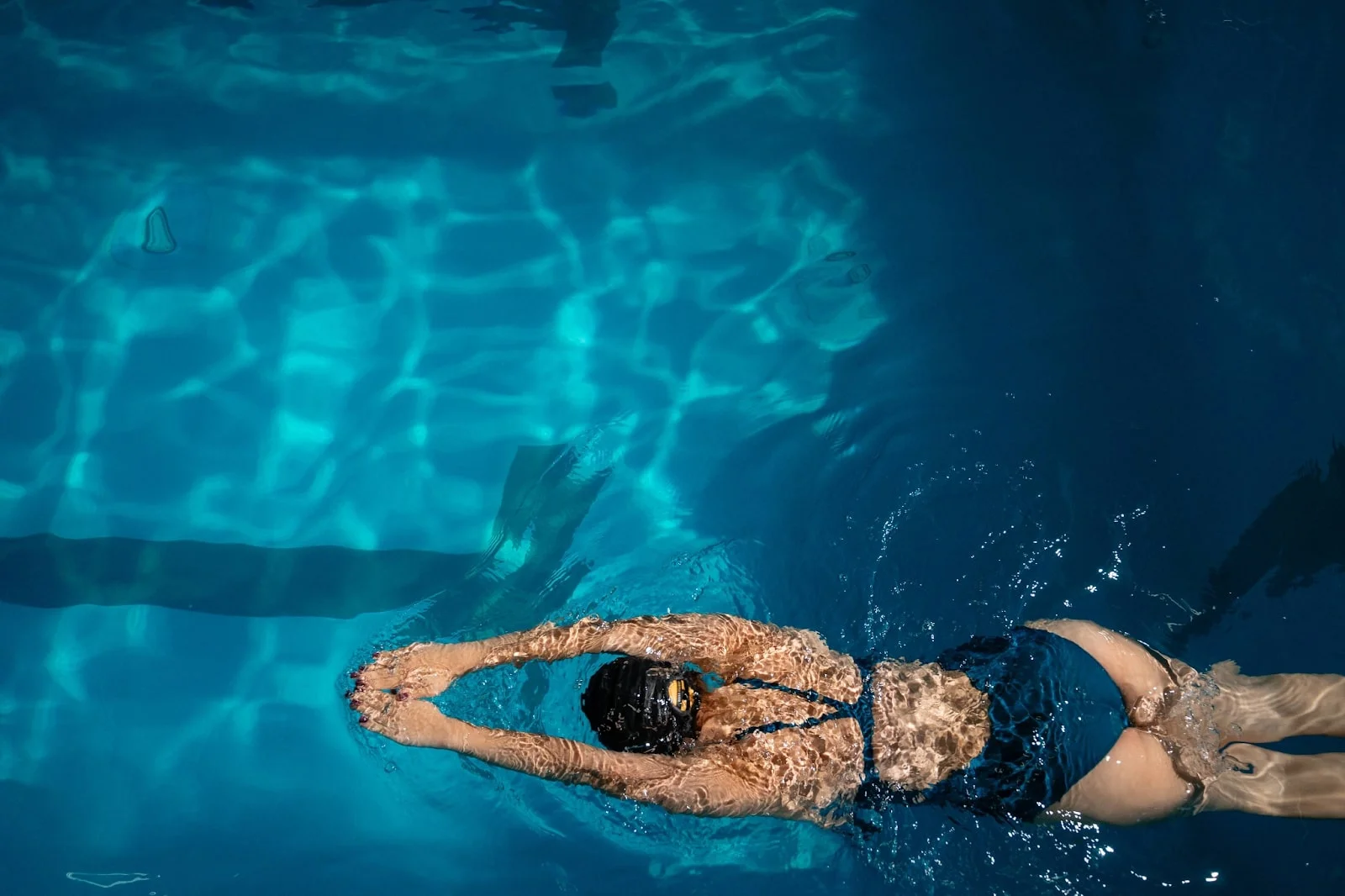Cold Plunges: Could Ice Baths Really Be Good for You?

Cold plunges and the science behind them has become one of the UK’s most talked-about wellness trends. Cold water swimming and ice baths are now part of many people’s routines, from post-run recovery to just getting through the Monday blues. However, beyond the Instagram hype, scientists at the University of Ottawa have been looking into what happens to our cells when we subject ourselves to a cold shock, and the findings are actually quite promising.
The research, led by Dr Kelli King and Professor Glen Kenny, focused on how repeated cold plunges influence cellular stress responses. They studied ten healthy young men who immersed themselves in 14°C water for one hour a day, across seven days. It’s worth noting that these weren’t elite athletes, just ordinary people. Blood samples were taken before and after to see what was happening on a microscopic level.
“By the end of the acclimation, we noted a marked improvement in the participants’ cellular cold tolerance,” said King.
“Cold exposure might help prevent diseases and potentially even slow down aging at a cellular level. It’s like a tune-up for your body’s microscopic machinery.”
At the heart of the findings is something called autophagy, a natural process where cells effectively clean themselves out, recycling old or damaged parts. At first, this system wasn’t functioning well under the stress of cold. But by the end of the week, the body had adapted. Autophagy was not only back on track, it was enhanced.
Professor Kenny explained: “Repeated cold exposure significantly improves autophagic function, a critical cellular protective mechanism. This could have important implications for health and longevity.”
That doesn’t mean everyone should rush out and sit in a wheelie bin full of ice cubes. This particular study focused on young males, and further research is needed to see whether the same results would apply to other groups. Still, the idea that your body can learn to better handle stress through gradual exposure, be it physical or environmental, is something that could shape the future of fitness and recovery protocols.
You can read the full external study as reported via ScienceDaily, which breaks down the effects on both autophagic and apoptotic (cell death) pathways. It’s early science, but it’s exciting science – and perhaps a little reason to appreciate that bracing cold splash in the morning.
For more on how health, science, and daily life intersect in surprising ways, visit EyeOnLondon.
Follow us on:
Subscribe to our YouTube channel for the latest videos and updates!
We value your thoughts! Share your feedback and help us make EyeOnLondon even better!









